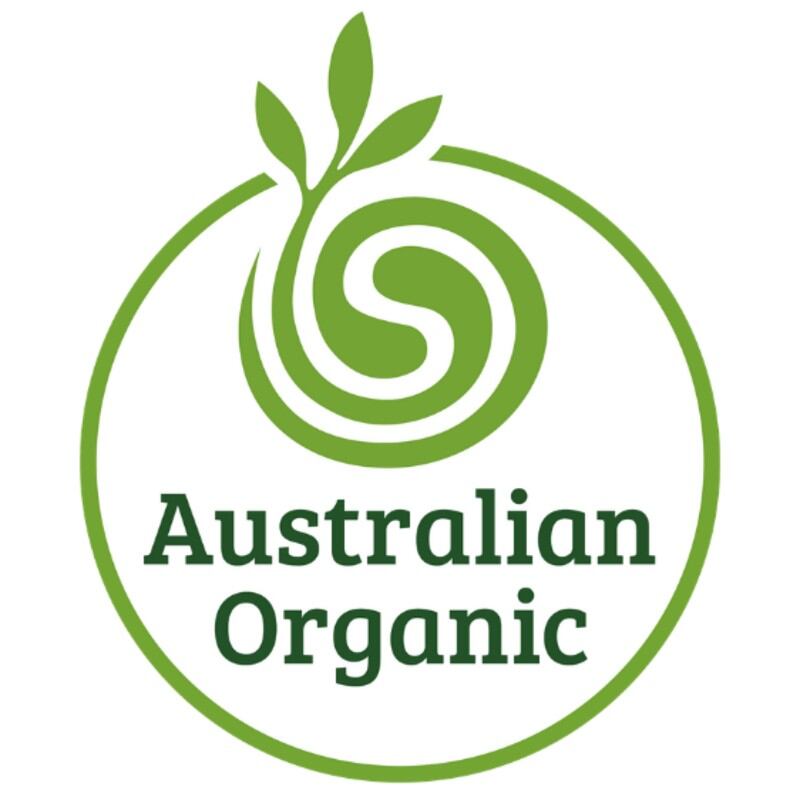This was conveyed via a new policy report ‘The need for a strategic food policy for Australia’, which was written by Commission for the Human Future (CHF) researchers based on the contributions of 45 food industry experts and stakeholders, as well as insights gleaned from its recent Round Table on Global Food Security.
According to the CHF researchers, the policy report was targeted squarely at Australian policymakers, in hopes that a more cohesive approach could be mapped out.
“[Despite] the importance, complexity and cost of [a national] food policy, the Federal Government does not have a strategic, coordinated or integrated approach to governing the food system,” said the authors.
“This major gap in governance and policy-making is causing inadequate and often contradictory program implementation across the Commonwealth, industry and society. [There is a] constant push for more food at lower prices, which is taking its toll [and such a] system is headed for failure.”
Along these lines, Australia’s current ‘sprawling governance’ of its food system was highlighted as a major weakness with multiple governmental bodies managing multiple parts of the system with no central authority overseeing it all.
“There is no central authority, legislation or bureaucratic structure for Australia’s food system. Food policy sits across legislation on [numerous areas, from] agriculture to fisheries to animal welfare to environmental protection to consumer protection,” said the authors.
“And importantly, the system sits within no single ministerial portfolio - Instead, food-related policy frameworks are scattered across at least 14 government departments and agencies, and are not fully coordinated.
“[Case in point], we have multiple strategies in place such as the Food and Nutrition Policy, Agricultural Competitiveness White Paper, the National Food Waste Strategy, and the upcoming National Agricultural Workforce Strategy).”
The complexity of governance was also highlighted: Food Standards Australia New Zealand (FSANZ) manages food standards and regulations, but agricultural and veterinary chemicals are separately overseen by The Australian Pesticides and Veterinary Medicines Authority; whereas the Department of Health manages policies and programs related to healthy eating; and indigenous food security is led by the National Indigenous Australians Agency.
“[The] current food system is costing the economy tens of billions of dollars [in addition to leaving] unresolved major challenges impeding a functional food system,” said the authors.
“[This fractured governance is also driving] poor policy outcomes in other policy areas, such as rural infrastructure, indigenous communities, emergency management, animal welfare, poverty, education and cost of living.
“The Australian Government must recognise that it requires a strategic approach to food policy, [so as to] build a food system fit to meet the future.”
Other weaknesses and recommendations
In addition to this, the CHF researchers also highlighted that the current food system was costing the country greatly in terms of environmental degradation supply chain stability and declined progress in terms of research and development.
“The domestic food supply chain is vulnerable because of just-in-time processes over long physical distances [as well as a] lack of public awareness about the risks to their food supply - These pressures will grow as climate change causes a forecasted decline of 15-30% in domestic food production over the next 40 years,” they said.
“[R&D could hold the answers to many of these issues], but publicly funded agricultural research and development has progressively declined since the 1980s, due mostly to the privatisation of these efforts - Investment in this area remains among the lowest of any OECD country.
“Food oligopolies are common in Australia as well – Coles and Woolworths control around 60% of fresh food and grocery sales; Kirin controls around 80% of milk, and Weston Foods and Goodman Fielder control around 70-75% of the bread and bakery markets. Such a system squeezes producer and processor margins, forcing the prioritisation of efficiency and output over health and sustainability.”
To overcome these challenges, CHF urged the government to appoint a ‘junior minister responsible for food policy’ as well as a ‘senior official to lead whole-of-government engagement and coordination on all food-related legislation, policies and programmes’ to review and include all existing food-related policies.
As for local oligopolies, the best way to break these would be to help small local businesses to grow, which would in turn require large-scale industry and regulatory reforms.
“[These reforms are needed] to enable small and family-owned food companies to survive and thrive in an industry dominated by large corporations. Although this activity should be driven at the state level, economic and political imperatives are blocking these reform efforts, [so the government will need to step in],” they said.
Examples of such reforms include protecting smaller producers against price-gouging by larger corporations, being bound by any overly restrictive contracts, and national-level government initiatives to connect small producers directly with retailers and shorten supply chains.
“[There is also an opportunity for the government] to drive a move away from the current predominance of ultra-processed foods towards nutritious, safe, whole foods, such as implementing taxes on processed foods that are high in sugar, salt and trans-fatty acids,” said the authors.
Report: The need for strategic food policy in Australia
Source: Commission for the Human Future





